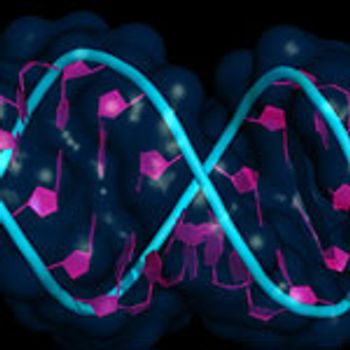
RNA is easier to manipulate than DNA but challenging to deliver to the right cells.

RNA is easier to manipulate than DNA but challenging to deliver to the right cells.

Data and science must guide FDA in making pressure-filled COVID-19 vaccine and therapy approval decisions.

The complete response letter was issued for a biologics license application for Abicipar pegol, an investigational treatment for wet age-related macular degeneration, based on FDA’s determination of an unfavorable benefit–risk ratio.

The companies have entered into a development and manufacturing agreement for Anthos Therapeutics’ abelacimab for treating thrombotic disorders.

Novavax announces DoD contract to produce 10 million doses of COVID-19 vaccine candidate.

CordenPharma announces expansion of lipid excipients supply for coronavirus vaccine scale up.

Agreements with the PolyPeptide Group and AGC Biologics will scale up production of the Novavax Matrix-M adjuvant.

Achieving herd immunity will require testing, data, a vaccine, and public support.
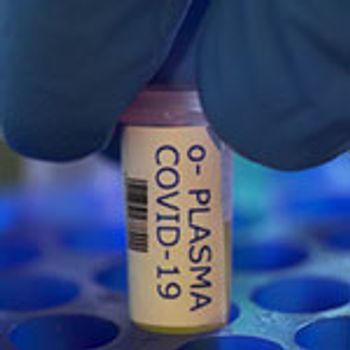
Therapies for early and late treatment and passive immunization of COVID-19 are needed and can be developed using antibodies from recovered patients.
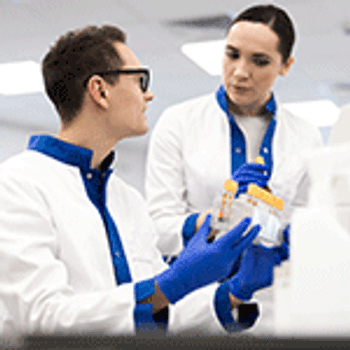
Bioanalytical studies are an important aspect of biologic drug development that may necessitate partnering with bioanalysis experts.

CanSinoBIO will license-in Precision NanoSystems' proprietary RNA vaccine platform technology while the latter leads the development of the RNA vaccine formulation.

The companies have formed a collaboration to develop a novel human recombinant protein as a therapeutic candidate against COVID-19.

Participants in two dosing cohorts in Moderna’s mRNA-1273 study reached or exceeded neutralizing antibody titers generally seen in convalescent sera.

Santen Pharmaceutical has concluded a licensing agreement with jCyte for the development, registration, and commercialization rights to jCell, an investigational retinitis pigmentosa therapy, in Japan, Asia, and Europe.

Catalent will manufacture a mRNA-based COVID-19 vaccine for clinical trials and potential commercialization.

Trial begins in the US for the Pfizer-BioNTech mRNA COVID-19 vaccine; manufacturing plans announced.

The extension of the company’s product offerings to include the anti-certolizumab pegol antibodies offers critical reagents for the development of assays for TNF alpha inhibitor biologics and their biosimilars.

The companies have entered into a manufacturing agreement to supply leronlimab, an investigational new drug currently being used in clinical trial protocols for COVID-19.

This milestone achievement will allow the companies to move forward with developing a GMP-compliant manufacturing process for clinical testing.

With the acquisition, Orgenesis will combine TamirBio’s ranpirnase antiviral platform with its Bioxome technology.

The partners have formed a joint venture to produce muscle-derived mesenchymal stem cells as a source of exosomes and other cellular products to develop related therapies and advance clinical trials.

Industry opportunities are increasing for biosimilars, but companies should pay close attention to delivery device design to facilitate success.
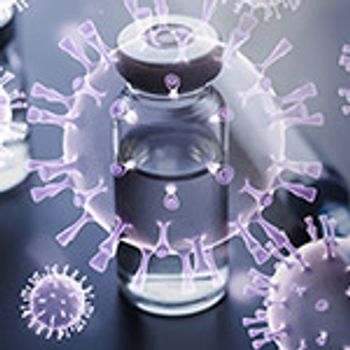
Biopharma companies responding to the COVID-19 outbreak think accelerating the development of vaccines is safe.
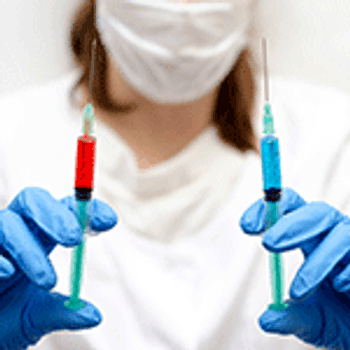
Demonstrating interchangeability can ensure biosimilar substitutability at the pharmacy level.

The transgenic mouse R&D platform will support the discovery of fully-human monoclonal antibodies.